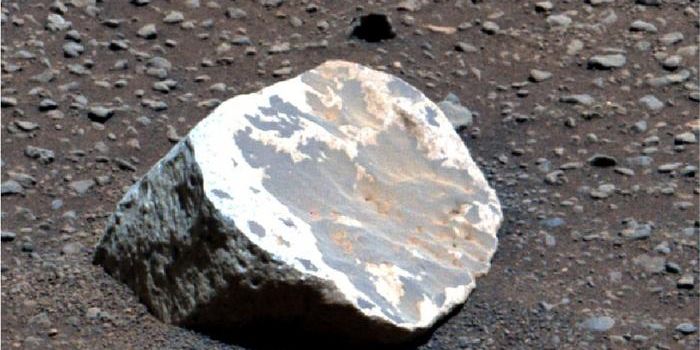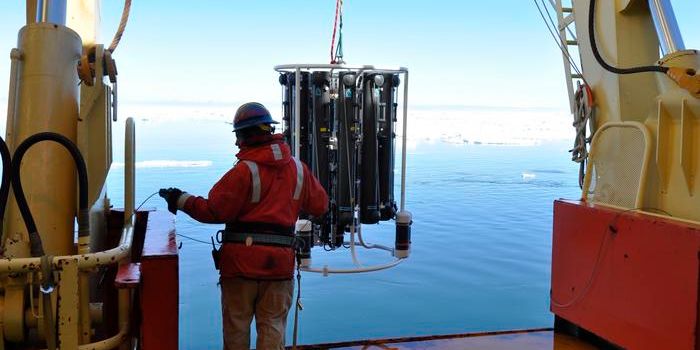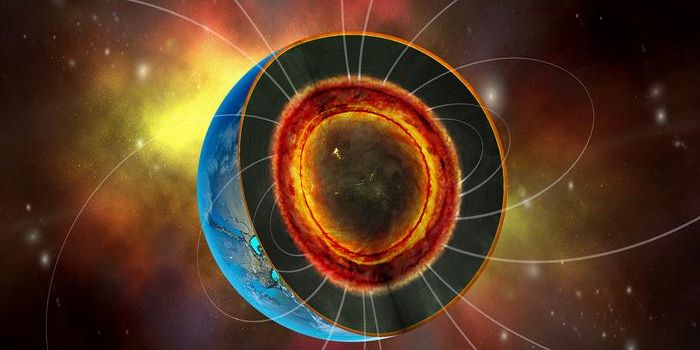The link between climate change and conflict
Scientists at the University of Miami (UM) Rosenstiel School of Marine and Atmospheric Science are interested in the association between climate change and armed conflict. It’s no secret that the two are linked - with climate change-driven disasters, economies and human security are at heightened risk. To better investigate this connection, the researchers gathered their diverse specialties in environmental and political science, geography, and economics to analyze climate and conflict and provide an outline of suggestions to help manage the complexities of our future.
"This research topic is controversial and contested," said Caroline Kraan, who is a current Ph.D. student in the Abess Graduate Program in Environmental Science and Policy. "We came together to provide a full range of expert views to establish a way forward for research that can serve decision-making needs."
The study, published in Earth’s Future, builds on previous work from the same group of researchers. In their past assessment, the group previously estimated that over the last century 3-20% of organized armed conflict risk has been influenced by climate.
"Our changing climate poses threats for human security," said lead author of the new assessment, Katharine Mach, who is an associate professor at the UM Rosenstiel School. "In this commentary perspective, we provide a roadmap for future research that is supportive of appropriate societal responses. The options include deepening our understanding of how climate shapes security and conflict risks, as well as the ways in which research can prioritize ethical, interactive, and ongoing engagement with the many organizations and governments promoting peace and stability in societies."
In their assessment, the researchers define several cross-cutting priorities that should direct future investigations on the topic of the link between climate change and conflict. As they write, these priorities are the following: “(1) deepening insight into climate‐conflict linkages and conditions under which they manifest, (2) ambitiously integrating research designs, (3) systematically exploring future risks and response options, responsive to ongoing decision‐making, and (4) evaluating the effectiveness of interventions to manage climate‐conflict links.”
The researchers recognize all of the challenges that confront this work and suggest that in order to best continue this field of investigations, future research should take a multi-fold approach, utilizing data from satellite and drone imagery, social media, and population surveys.
Sources: Earth’s Future, Science Daily









